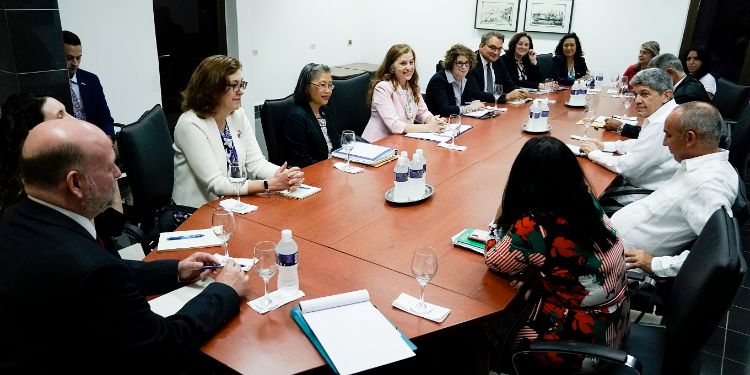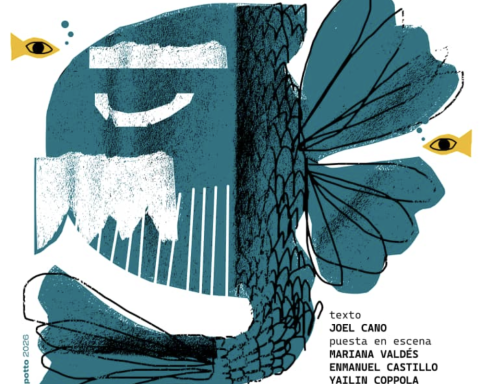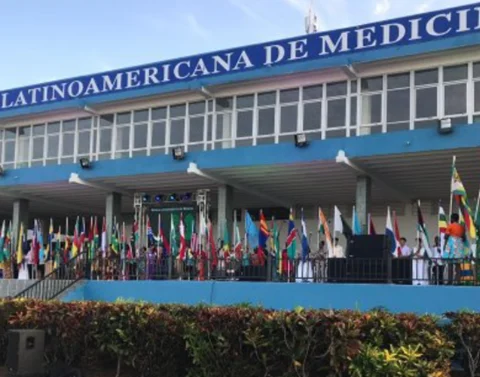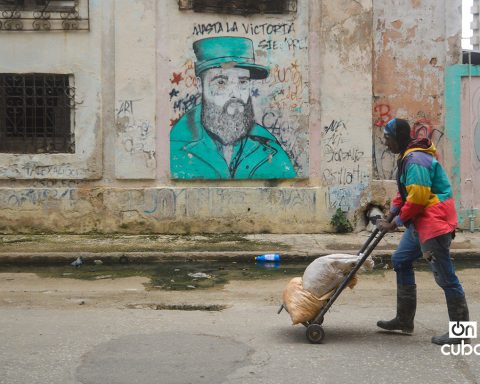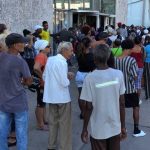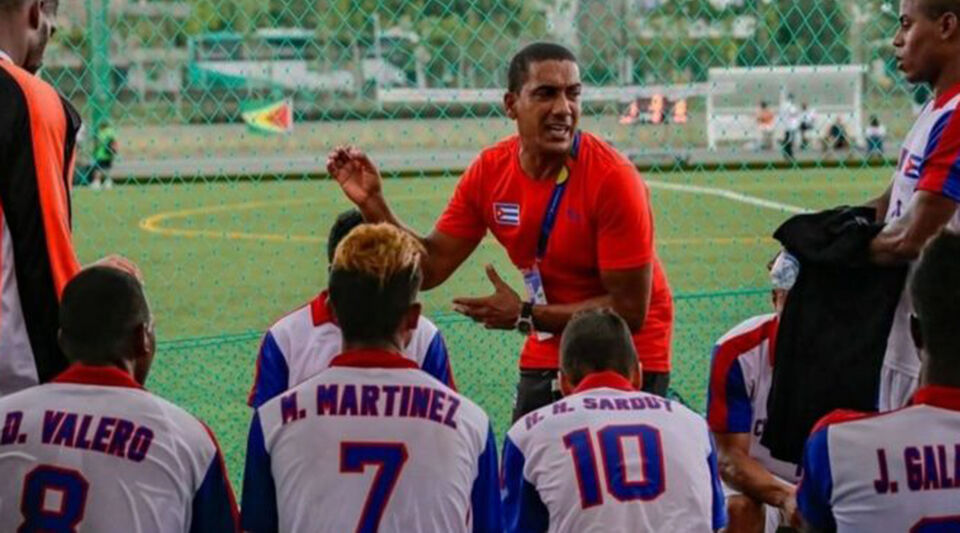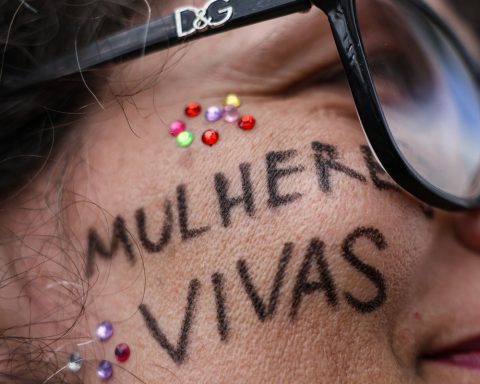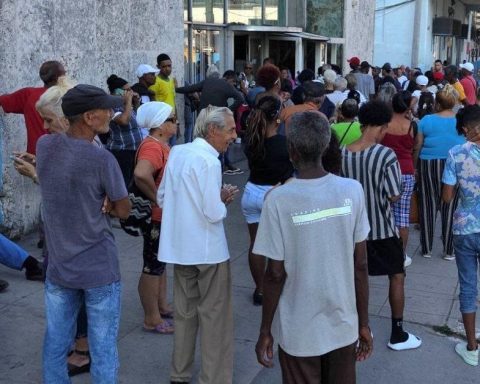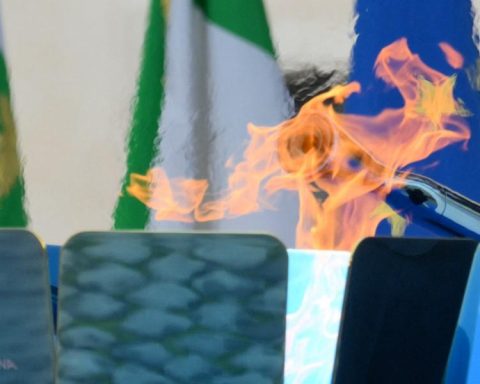Havana Cuba. — I confess that, despite his merits in the fight for the elimination of the communist regime in his country, I only knew the name of Martin Palouš in 2000. In that final year of the 20th century, my brothers in the cause, Martha Beatriz Roque, were released from prison. Félix Bonne and I, all signatories of the manifesto The homeland belongs to everyone. The other member of the group of fourVladimiro Roca, remained imprisoned.
When I was released, I learned the full text of the letter that, in November of the previous year, important ex-dissidents from Eastern Europe addressed to the Four. Among others, there are the firms of Vaclav Havel, Lech Walęsa, Vytautas Landsbergis, Tadeusz Mazowiecki, just to mention some of the best known. That of Don Martin also appears, who, as coordinator or secretary of the group, certified the authenticity of the signatures. That is why we direct our response to him.
Many years later, when General Raúl Castro authorized his opponents’ temporary trips abroad, I was able to visit the beautiful city of Prague. There, Dr. Palouš himself and his wife kindly hosted me in his house. That was the beginning of a long friendship, cemented for years —why not say it!— by two pitchers of the unbeatable Czech beer or any other sporadic libations between friends. During all those years, the prominent former Czech dissident has shown his support for the cause of the democratization of Cuba.
These reminiscences are relevant because now Don Martin has published in the Miami newspaper Herald (both in English and Spanish) the text “Message to my Cuban friends and allies on the anniversary of the Velvet Revolution.”
There, Palouš echoed Díaz-Canel’s recent statements to a group of exiled investors and politicians: “You are assuming the risk of working with us, of coming here to build bridges, not walls.” For this reason, the Czech friend addresses “the majority of the Cuban diaspora here in Miami” and asks himself: “Why should they now believe that the Cuban government has finally decided to change its position?” He answers in the affirmative and later says: “The recent message sent to Miami from Havana may be an opportunity, and not more of the same.”
Don Martin argues that, in his country, “the real engine of change was a meeting between Vaclav Havel… and the (communist) Prime Minister Adamec.” I think that this premise from which friend Palouš starts is pertinent and correct. But I think that the conclusions he draws from it are not. For this reason, it seems appropriate to paraphrase the quote related to Plato that is attributed to Aristotle, and stick to it: I am a friend of Martin Palouš, but I am more a friend of the truth.
First of all, I must insist on a topic that I have raised repeatedly in these same pages of CubaNet: In communist regimes, change starts at the top, not the bottom. At a certain moment, within the same regime, changes are initiated with which it is intended to preserve the system, but they inevitably lead to others, the government initiates a dialogue with those who oppose it and, ultimately, the fall of the regime
In essence, that is what (with various nuances, as is logical) has happened in the thirty current countries that have thrown off the communist yoke. And in Cuba something different does not have to happen. In this context, the Havel-Adamec conversation to which Palouš alludes would only constitute a Czechoslovakian anecdote that would serve as an illustration of that general rule.
I want to say that I do not share the hopes of other anti-Castroists, who think of other solutions to the current Cuban tragedy. I believe that neither a bloody invasion by a foreign power nor a sudden general strike nor a general uprising (a kind of July 11 squared) nor a military coup would be the solution.
For war, no foreign country willing to face that adventure is in sight. For the general strike I don’t see anyone who has sufficient convening power. Widespread uprising seems unlikely. The coup d’état is alien to the communist regimes, which have averted it by incorporating the generalship into the ruling circles, and which went to the extreme of appointing a military man as supreme commander (the case of Jaruzelski in Poland).
The most paradoxical of all is that, even if one of the aforementioned scenarios occurs, this would not exclude the change coming from the communist ranks; rather it would stimulate and speed it up. And this is where —I think— the misconception of friend Palouš lies: Díaz-Canel and his team are reluctant to make any change; they proclaim themselves “continuity”. Not even in the field of the economy (where they have the example of their Chinese and Vietnamese co-religionists) have they dared to introduce any changes to get Cuba out of the swamp of unproductiveness and prostration into which its obsolete policies of statism and planning have gotten it bureaucratic.
In addition to this steadfast immobility, we see that the interview that filled my Czech friend with hope was held with a small group of potential millionaire investors and some politicians eager to promote these deals (such as Mr. Joe García).
So, I think that, strictly speaking, it is about “more of the same”. The regime has simply not been successful in attracting foreign capital (which is wary—and rightly so!—of Castro’s obsession with the failing state enterprise, as well as the dire state of the Cuban economy). For this reason, he has approached some exiled compatriots who could perhaps “fall into the jamo” guided by patriotic longings.
As Palouš rightly says, the interview that was the “true engine of change” in his homeland took place not with some wealthy exile, but with Vaclav Havel. In the same way that in Poland the Round Table had as participants Lech Walęsa and other dissidents residing in Poland itself, and so on in the other countries that managed to escape communist rule.
As long as the Havana regime does not take steps towards tangible changes and as long as there is no recognition on its part of the legitimacy of those who oppose it politically (in Cuba and in exile), any dialogue will be premature.
OPINION ARTICLE
The opinions expressed in this article are the sole responsibility of the person who issues them and do not necessarily represent the opinion of CubaNet.
Receive information from CubaNet on your cell phone through WhatsApp. Send us a message with the word “CUBA” on the phone +525545038831, You can also subscribe to our electronic newsletter by giving click here.
